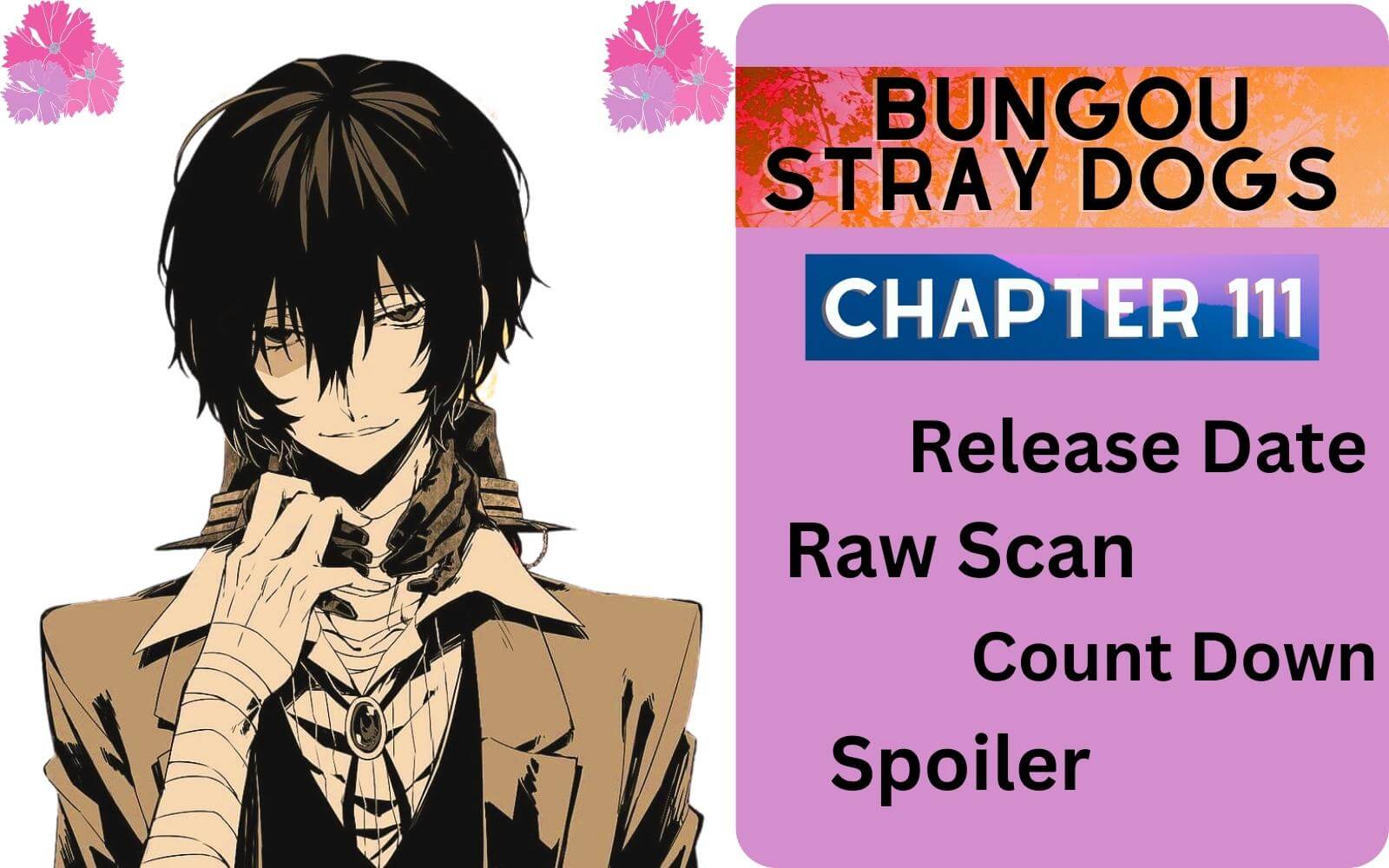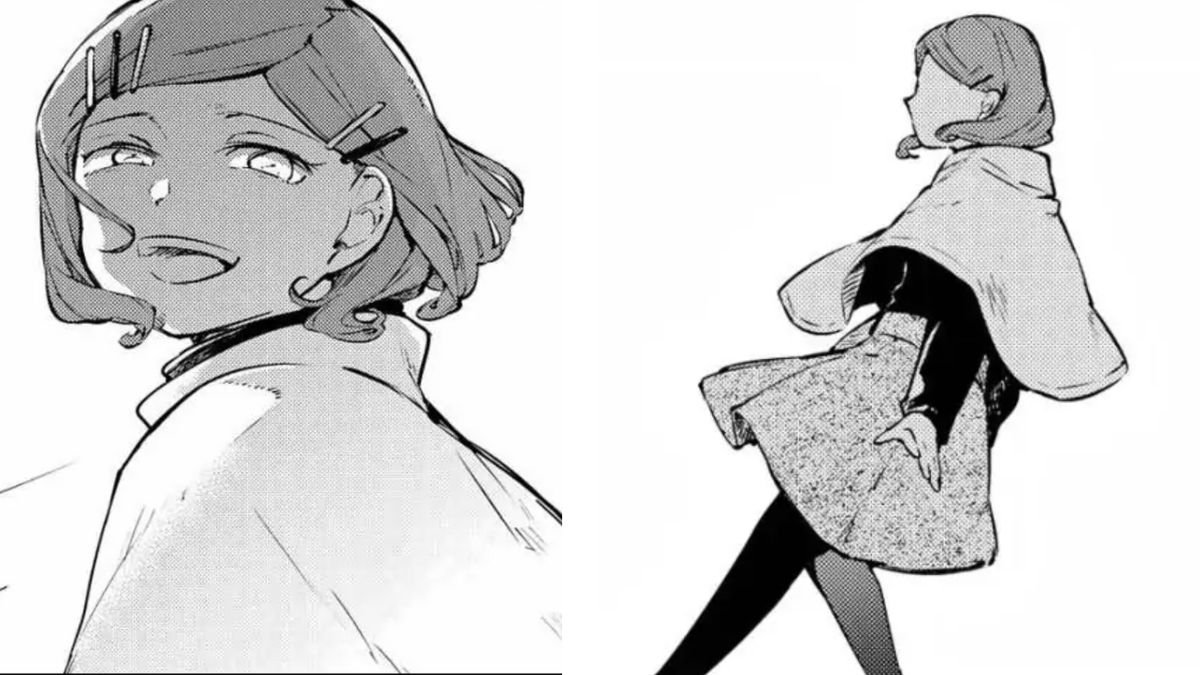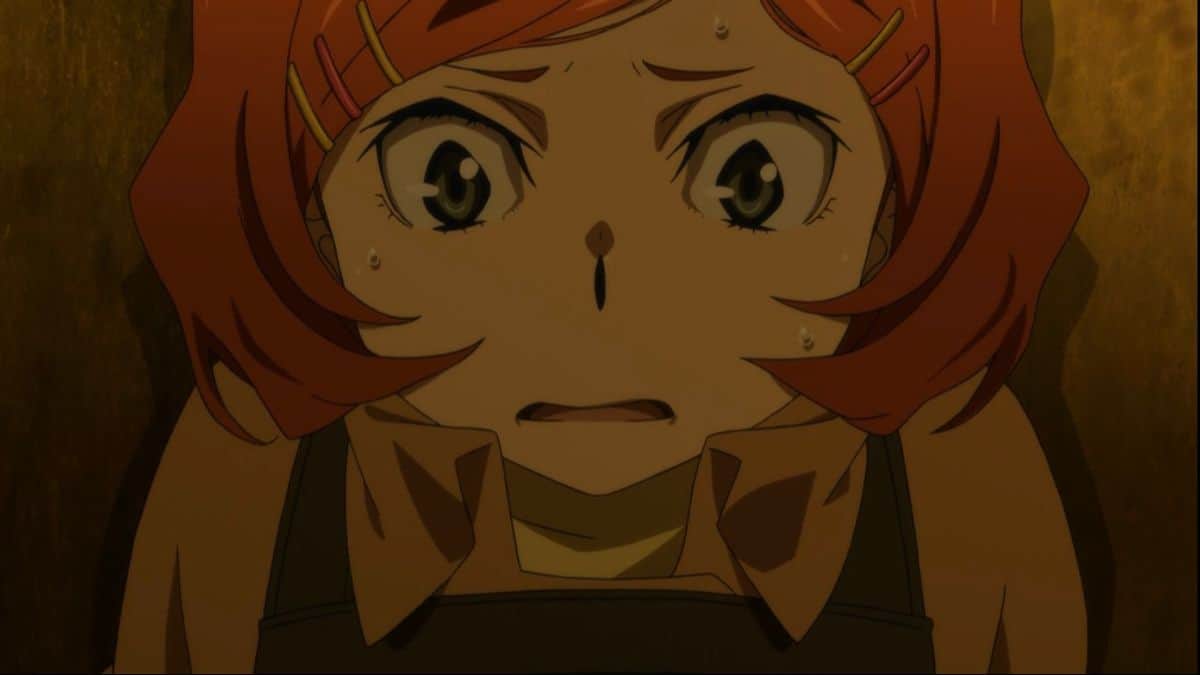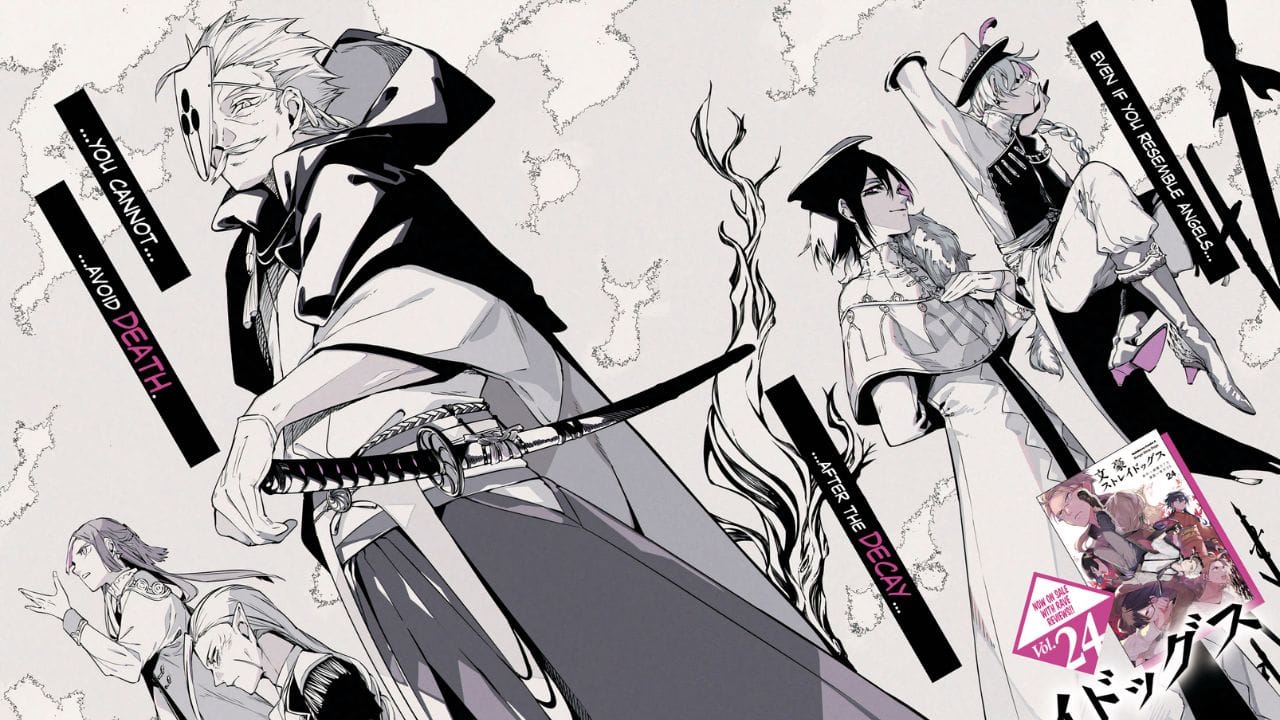Embark on a literary journey with Bungou Stray Dogs Chapter 111, where intricate character development, compelling plot advancements, and profound cultural influences intertwine to create a captivating narrative that will leave you spellbound.
As the story unfolds, the motivations and relationships of the enigmatic characters take center stage, revealing hidden depths and shaping the course of events. The use of literary devices such as metaphors and imagery paints a vivid tapestry, immersing readers in the atmosphere and tone of this extraordinary chapter.
Character Development

In Chapter 111 of Bungou Stray Dogs, the main characters’ motivations and actions continue to drive the plot forward and shape their relationships with each other. Atsushi Nakajima’s unwavering determination to protect his friends and prove his worth is tested when he faces off against Akutagawa Ryunosuke, a powerful and ruthless member of the Port Mafia.
Akutagawa, driven by his desire for power and recognition, clashes with Atsushi in a fierce battle that pushes both of them to their limits. Their rivalry intensifies, revealing the complex and often contradictory emotions that lie beneath their hardened exteriors.
Atsushi’s Determination
Atsushi’s resolve to protect his newfound family, the Armed Detective Agency, is unwavering. Despite his fear and self-doubt, he summons his inner strength and confronts Akutagawa, determined to prove that he is not the weakling he once believed himself to be.
In the thrilling continuation of Bungou Stray Dogs Chapter 111, the battle between the Armed Detective Agency and the Port Mafia rages on. As the conflict intensifies, readers may find themselves drawn to the equally captivating events unfolding in Boruto: Two Blue Vortex Chapter 5 . This parallel adventure offers a glimpse into the world of ninjas and their formidable abilities.
However, the focus swiftly returns to Bungou Stray Dogs Chapter 111, where the outcome of the fierce confrontation remains uncertain, leaving readers eagerly anticipating the next chapter.
Akutagawa’s Inner Turmoil
Akutagawa’s cold and calculating demeanor masks a deep-seated insecurity and desire for validation. His ruthless pursuit of power stems from a desperate need to prove his worth to himself and others, particularly his mentor, Osamu Dazai.
The Symbolism of the Tiger and the Rashomon
The tiger, a symbol of strength and courage, represents Atsushi’s inner resolve and his determination to overcome his fears. In contrast, the Rashomon, a legendary gate that separates the human world from the realm of demons, represents Akutagawa’s inner turmoil and the darkness that he carries within him.
In the exhilarating chapter 111 of Bungou Stray Dogs, the battle between good and evil reaches its peak. As the dust settles, we find ourselves transported to the intense boxing match depicted in Hajime no Ippo chapter 1434. Witness Ippo’s unwavering determination as he faces off against a formidable opponent.
Returning to Bungou Stray Dogs chapter 111, we’re left wondering what the future holds for our beloved characters as the conflict draws to a close.
Plot Progression

Chapter 111 of Bungou Stray Dogs marks a pivotal juncture in the manga’s narrative, unfolding a series of crucial events that propel the story forward and hint at future developments.
Bungou Stray Dogs Chapter 111 brought forth an enthralling revelation, leaving readers on the edge of their seats. The chapter’s intense plotlines weave a captivating tapestry, reminiscent of the gripping suspense found in The Summer of It Chapter One . With its masterful storytelling and unforgettable characters, Bungou Stray Dogs Chapter 111 promises an unforgettable reading experience that will leave a lasting impression long after the final page is turned.
Key Events and Plot Points
- The chapter opens with the Armed Detective Agency and Port Mafia engaging in a tense standoff, each side preparing for a potentially devastating conflict.
- Atsushi Nakajima, the protagonist, finds himself torn between his loyalty to the Agency and his desire to protect Akutagawa Ryunosuke, his former enemy from the Port Mafia.
- Fyodor Dostoevsky, the enigmatic mastermind behind the conflict, makes a surprise appearance, revealing his sinister plan to manipulate both organizations for his own nefarious purposes.
- As the battle between the Agency and the Mafia intensifies, Akutagawa’s true intentions become apparent, as he defies his allegiance to the Port Mafia and chooses to side with Atsushi.
- The chapter culminates in a shocking revelation that leaves both organizations reeling and sets the stage for an even more perilous future.
Advancement of the Narrative, Bungou stray dogs chapter 111
The events of Chapter 111 significantly advance the overall narrative of Bungou Stray Dogs in several ways:
- It escalates the conflict between the Armed Detective Agency and the Port Mafia to new heights, setting the stage for a potentially catastrophic clash.
- It introduces Fyodor Dostoevsky as a major antagonist, whose cunning and manipulative nature pose a formidable threat to both organizations.
- It explores the complex relationship between Atsushi and Akutagawa, revealing the depth of their rivalry and the possibility of an unexpected alliance.
- It hints at a larger conspiracy at play, with Fyodor’s sinister machinations threatening to engulf the entire Yokohama underworld.
Foreshadowing and Future Developments
Chapter 111 also contains several hints and foreshadowing elements that suggest future developments in the manga:
- Fyodor’s enigmatic statement about “the true enemy” suggests that there may be a greater threat lurking in the shadows.
- The alliance between Atsushi and Akutagawa could have far-reaching implications for the balance of power in Yokohama.
- The revelation of Akutagawa’s true intentions raises questions about the loyalty and motivations of other characters within the Port Mafia.
As the conflict between the Armed Detective Agency and the Port Mafia intensifies, Chapter 111 sets the stage for an explosive confrontation that will undoubtedly shape the future of Bungou Stray Dogs.
Literary Devices

Bungou Stray Dogs Chapter 111 employs various literary devices to create a vivid and immersive reading experience. These devices enhance the atmosphere, tone, and impact of the narrative, allowing readers to connect with the characters and the unfolding events on a deeper level.
Metaphors
Metaphors are used extensively throughout the chapter to draw parallels between characters, objects, and abstract concepts. For example, Atsushi is described as a “tiger in the night,” highlighting his fierce and unpredictable nature. The use of such metaphors adds depth to the characters, making them more relatable and engaging.
Similes
Similes are also employed to create vivid imagery and emphasize certain characteristics. Dazai is compared to a “serpent in the grass,” conveying his cunning and manipulative nature. These similes enhance the reader’s understanding of the characters’ personalities and motivations.
Imagery
Imagery is a key element in creating the atmosphere and tone of the chapter. The descriptions of the setting, such as the dimly lit streets and the ominous shadows, contribute to a sense of mystery and danger. The use of sensory details, such as the sound of footsteps and the smell of gunpowder, further immerses the reader in the narrative.
Cultural and Historical Context

The story in Chapter 111 is heavily influenced by Japanese history, literature, and mythology. These influences contribute to the depth and richness of the narrative, providing a unique and immersive experience for the reader.
References to Japanese History
The story takes place in Yokohama, Japan, and many of the characters are based on real historical figures. For example, Kunikida Doppo is a famous Japanese poet who lived in the late 19th century. His character in the story is a member of the Armed Detective Agency, and his ability, “Doppo Poet,” allows him to create powerful illusions using his words.
The story also references the Russo-Japanese War, which took place from 1904 to 1905. The war is a major plot point in the story, and it has a significant impact on the characters’ lives.
References to Japanese Literature
The story is also influenced by Japanese literature, particularly the works of Ryūnosuke Akutagawa. Akutagawa was a famous Japanese writer who lived in the early 20th century. His stories are often dark and psychological, and they explore themes such as death, violence, and madness.
The story in Chapter 111 references Akutagawa’s story “Rashōmon.” The story is about a group of people who are taking shelter from a storm under the Rashōmon gate. They tell each other stories about their lives, and the stories are often contradictory and unreliable.
References to Japanese Mythology
The story also references Japanese mythology, particularly the story of the ayakashi. Ayakashi are supernatural creatures that are said to inhabit the natural world. They can be either benevolent or malevolent, and they often play a role in Japanese folklore.
The story in Chapter 111 features a number of ayakashi, including a kappa and a tengu. These creatures play an important role in the story, and they help to create a sense of mystery and wonder.
Ultimate Conclusion: Bungou Stray Dogs Chapter 111

Bungou Stray Dogs Chapter 111 concludes with a tantalizing glimpse into the future, leaving readers eagerly anticipating the next chapter in this captivating saga. The masterful storytelling and intricate world-building have woven a spellbinding narrative that continues to captivate and inspire.